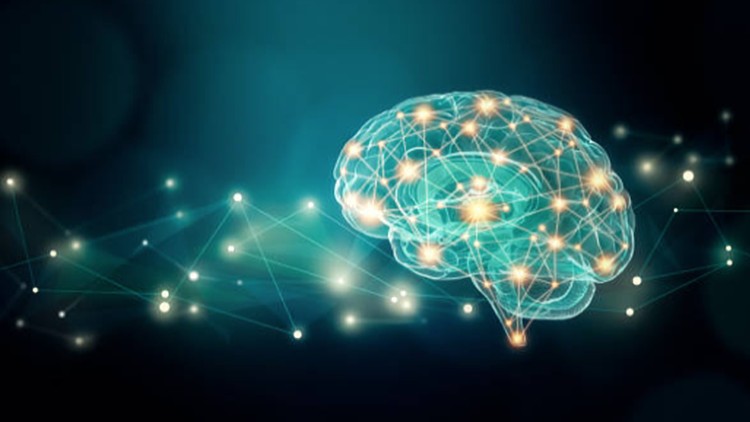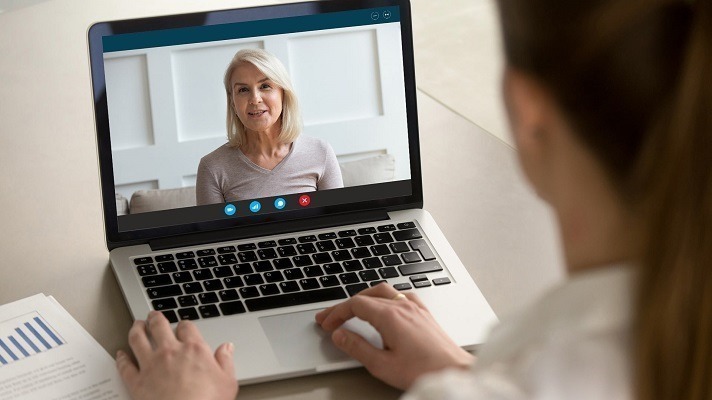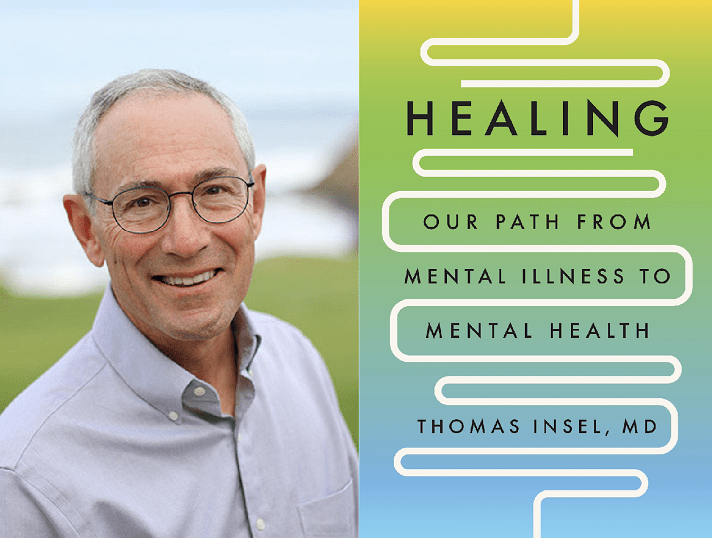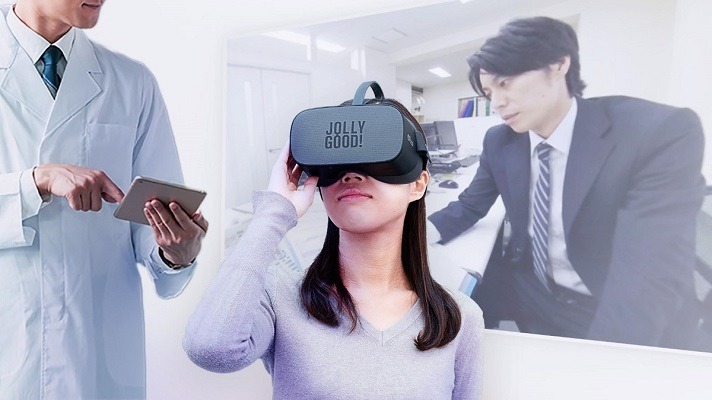Posts Tagged ‘therapy’
Next: Harnessing Neuroplasticity, Medication AND Psychotherapy to treat mental health conditions
There is mounting recognition in the scientific community that combining different treatment approaches for mental health conditions can create a benefit greater than the sum of its parts. As a clinical psychologist and neuroscience researcher, I have been working to integrate insights from both fields to expand treatment options for those suffering from depression, anxiety and…
Read MoreMajor evidence review supports an “exercise prescription” for most adults to boost mental health and well-being
When you head to your weekly yoga class or lift weights at the gym, you’re doing something good for your physical health: getting more fit today, and so protecting your body into the future. What you may not always think about, though, is that you’re also protecting yourself from anxiety and depression—about as much as…
Read MoreDos and Don’ts of Therapy on the Go: Navigating the use of apps for mental health care
It might be surprising to think about browsing for therapists and ordering up mental health care the way you can peruse a menu on Grubhub or summon a car on Lyft. But over the last decade, digital access to therapy has become increasingly common, in some cases replacing the traditional model of in-person weekly sessions between…
Read MoreFrom “Eminence-based” to Evidence-based mental healthcare: Time to focus on quality and accountability
For the mental health crisis of care, quality is as much of a problem as quantity. Most people who seek mental health care for the first time are baffled by how to find a clinician. I know what many parents felt. When my daughter, Lara, finished her first semester at Oberlin, she returned home to…
Read MoreOtsuka and Virtual Reality start-up Jolly Good sign $43M deal to promote Social Skills Training (SST) therapies, helping schizophrenia patients first
Otsuka signs on Jolly Good for $43M mental health VR deal (Fierce Biotech): The duo will build out software—hosted on Jolly Good’s VR goggles and connected tablet devices, and backed by Otsuka’s expertise in developing neurological therapeutics—that takes a social skills training (SST) approach to treating mental illness. SST is a behavioral therapy in which…
Read MoreStudy: Self-guided sleep app Sleepio, combined with standard care for depression and anxiety, delivers better outcomes than standard care alone
Study backs benefit of insomnia DTx Sleepio on mental health (pharmaphorum): The study – published in the journal Behaviour Research and Therapy – tested the Sleepio app developed by digital health specialist Big Health as an add-on to standard NHS care for anxiety and depression under the improving access to psychological therapies (IAPT) policy. Patients…
Read More





